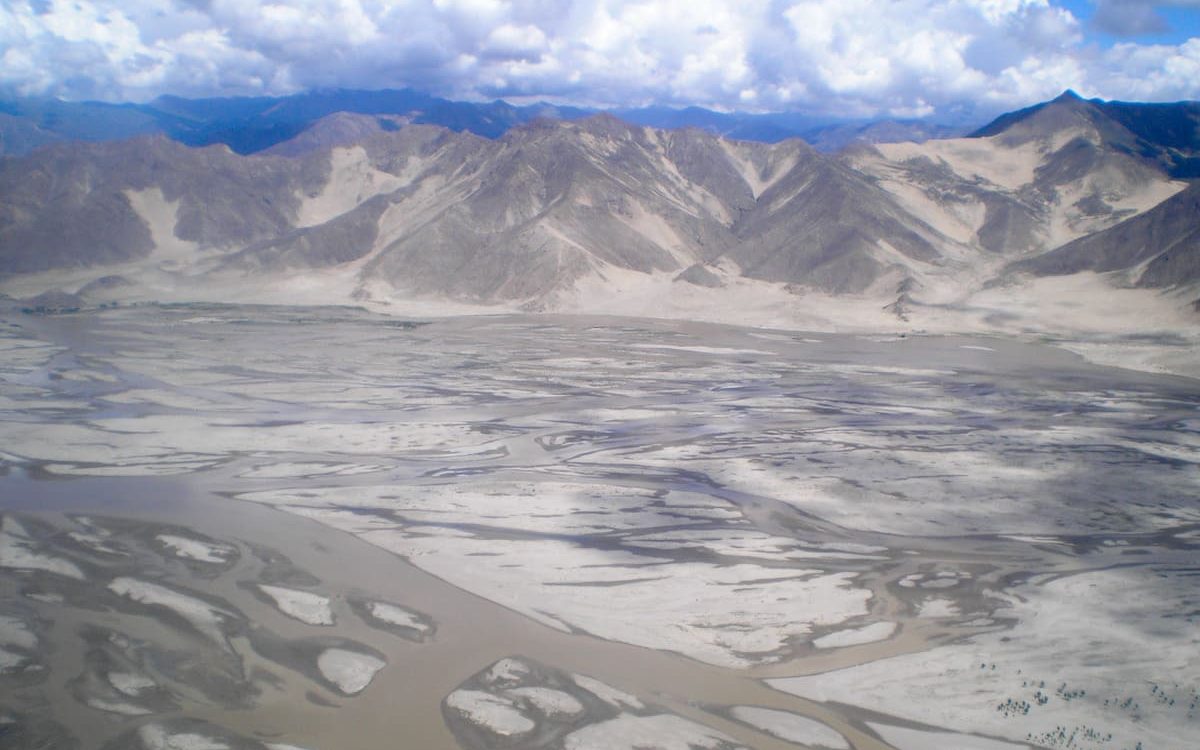
Chinese Premier Li Qiang has officially announced the start of construction on a “super” dam along the lower course of the Yarlung Zangbo River. The colossal hydroelectric project will include five power plants and deliver a record-breaking total energy capacity.
A new world-record hydroelectric dam
The facility will comprise five reservoir-based stations, surpassing even the scale of the Three Gorges Dam. Planned for the Yarlung Zangbo in Tibet, this mega hydroelectric project was first unveiled in 2020 and received official approval from the Chinese government last year. On July 19, 2025, Premier Li Qiang inaugurated construction at a ceremony in Nyingchi, the site of the future Mainling Dam.
China’s dominance in clean energy records
China’s ambition in clean technologies is no surprise. The country already hosts the second-largest hydro plant in the world after the Itaipú Dam, and ranks first in installed capacity with 14 GW. Over the years, China has secured an unmatched list of renewable energy records.
From the world’s largest compressed air energy storage facility to massive flow batteries, from the highest-altitude wind farm to the most powerful offshore turbine, from the vast agrivoltaic plant in Binhe New District to the largest floating solar farm ever built, the country’s achievements have consistently pushed global limits in the last five years.
The new super dam on the Yarlung Zangbo River rightly joins this list of record-breaking initiatives. Or rather, it will—the project is still in its early stages and technical details remain scarce.
The Mainling hydroelectric project
The Mainling hydroelectric project will consist of five reservoir dams, with a combined capacity of 50 to 60 GW, on a dramatic stretch of the lower Yarlung Zangbo. This river section drops 2,000 meters over just 50 kilometers, creating vast hydropower potential but also significant environmental impact. Further downstream, the river crosses into India and Bangladesh, and both countries have already voiced concern.
Supported by an estimated investment of 1.2 trillion yuan (around $167.8 billion), the project is expected to supply electricity primarily outside the Tibetan region. Construction and operations have been entrusted to China Yajiang Group Co., Ltd., a newly established state-owned company launched on the same day as the groundbreaking.